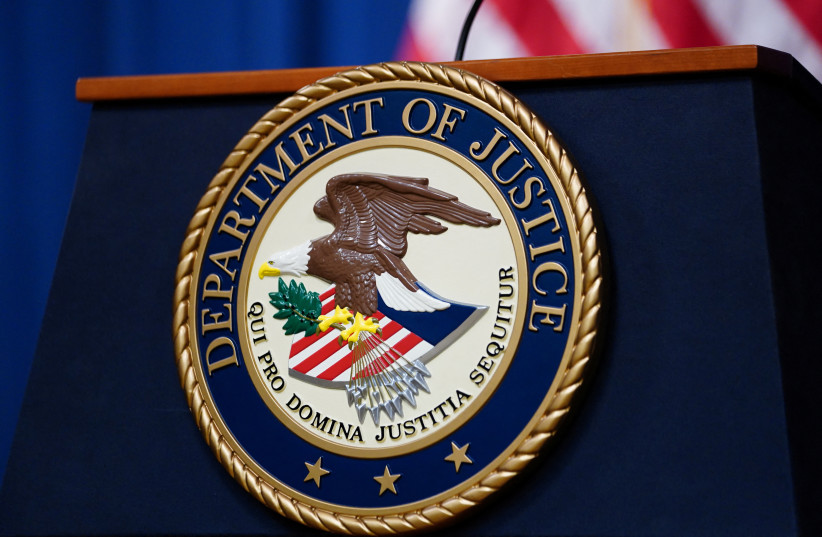A key witness in the bank fraud case against Ilan Shor has retracted his original testimony during a deposition in a US court, marking a major win for the Israeli-Moldovan politician who is now planning to file an appeal in Chisinau.
The deposition of Matei Dohotaru, a former employee of the International Monetary Fund, took place earlier this month in the District Court of DC Colombia. Dohotaru was a key witness against Shor in the Moldovan bank fraud case and gave evidence against the politician in 2017.
Shor’s legal team had been trying to depose Dohotaru for years and was granted a deposition following a successful application of Section 1782 – a tool for obtaining discovery - in US court. The application was challenged by Dohotaru who originally failed to appear in court and was held in conditional civil contempt for failing to comply with two subpoenas.
Deposed at last
When he finally was deposed, Dohotaru – according to the deposition transcript published by the court – was no longer able to confirm having knowledge of the alleged evidence he provided against Shor in 2017.
At the time, Dohotaru testified that fictitious funds had been used to repay the loan exposure at the Moldovan bank – where the money was claimed to have been stolen by Shor. His testimony was a key part of the evidence that served as the foundation for Moldova’s Court of Appeal’s conviction of Shor.
During the deposition, Dohotaru stated that he is unable to confirm whether the funds were fictitious. He denied that he ever reached that conclusion and claimed that he merely suspected that this might have been the case. Dohotaru further confirmed that he did not review the underlying documents at the time of his testimony.

The loan exposure, and whether it was repaid, is at the centre of the legal battle in Moldova. Shor, the leader of the Shor Party, claims that all credits were repaid and that the legal case against him was politically motivated.
Dohotaru’s new testimony is a blow to the original conviction and sources close to Shor called the win in the US a “breakthrough” and said that it would help support a planned appeal in Moldova and in the European Court of Human Rights.
